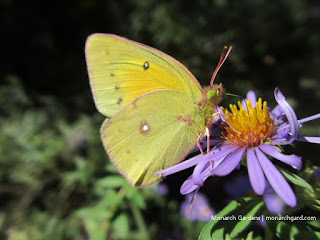I stumbled upon these quotes from two powerful writers in just one day. They perfectly frame my book's project, and hit at the heart of a subject I've been trying hard to flush out and express -- namely, how hard it is for humans to act ethically toward other species. What do you think?
“Because mankind can circumvent evolutionary law, it is
incumbent upon him, say evolutionary biologists, to develop another law
to abide by if he wishes to survive, to not outstrip his food base. He
must learn restraint. He must derive some other, wiser way of behaving
toward the land. He must be more attentive to the biological imperatives
of the system of sun-driven protoplasm upon which he, too, is still
dependent. Not because he must, because he lacks inventiveness, but
because herein is the accomplishment of the wisdom that for centuries he
has aspired to. Having taken on his own destiny, he must now think with
critical intelligence about where to defer."
"No culture has yet solved the dilemma each has faced with
the growth of a conscious mind: how to live a moral and compassionate
existence when one is fully aware of the blood, the horror inherent in
all life, when one finds darkness not only in one’s own culture but
within oneself."
-- from Arctic Dreams by Barry Lopez
"Most people are not comfortable making a connection
between racism and specism or the ill treatment of human beings and the
mistreatment of animals. We want to keep our boundaries clean and
separate. But isn't that the point, to separate, isolate, and
discriminate? We create hierarchies, viewing life from the top down, top
being, of course, God, then a ranking of human races, and so our
judgments move down 'the Great Chain of Being' until we touch rocks.
This is the attitude of power, and it hinges on who is in control. Who
has power over whom? How does this kind of behavior infiltrate the
psyche of a culture? And what are the consequences of scala natura?"
"Arrogance is arrogance, and cruelty committed to a person
or an animal is cruelty. We would rather not think too much about 'what
is being done to those outside the sphere of the favored group,' yet I
believe it is time in the evolution of our imagination to make a strong
case for the extension of our empathy toward the Other."
— from Finding Beauty in a Broken World by Terry Tempest Williams







